Public shame to the rescue
How public shame became one of the best weapons against coronavirus


A free daily email with the biggest news stories of the day – and the best features from TheWeek.com
You are now subscribed
Your newsletter sign-up was successful
Shame is a powerful motivator. Still, it's not always considered the most polite way to get someone to do something (at least among Americans). In our "mind your own business" culture, calling people out is often considered petty and tasteless, something a Karen might do. Even in adulthood, no one wants to be known as the tattle-tale.
But as the coronavirus outbreak has spread throughout the United States, it has unexpectedly fallen on individuals to monitor their peers' behavior in a way that is new, uncomfortable, and often very, very public. With the country's social distancing advisories for individuals really more strong suggestions than actual enforceable rules, it is the burden of communities to police themselves — and what could be more effective than a little public shaming?
The tactic is distinctly American in the sense that it hasn't been needed to the same extent in countries that more swiftly and successfully curbed the spread of coronavirus, like China and South Korea. Both have demonstrated far less tolerance for a person's right to risk their own life, something we apparently happen to really value here in America. In South Korea, for example, which remains the global model for how to slow the outbreak, the government mandated home quarantines and even used GPS tracking to ensure citizens remained in lockdown. Public shaming isn't really necessary if people are getting isolated in government-monitored quarantines, whether they want to be or not.
The Week
Escape your echo chamber. Get the facts behind the news, plus analysis from multiple perspectives.

Sign up for The Week's Free Newsletters
From our morning news briefing to a weekly Good News Newsletter, get the best of The Week delivered directly to your inbox.
From our morning news briefing to a weekly Good News Newsletter, get the best of The Week delivered directly to your inbox.
In the United States, though, social distancing and self-quarantines have been a bit more of a free-for-all (the same is true for parts of Europe, although on the whole countries with major outbreaks like Spain and Italy have still been more authoritarian in their measures than we have been). While there are millions of Americans taking the guidelines seriously, many others have not. Even after the World Health Organization warned that the novel coronavirus outbreak had become a pandemic, Americans still celebrated St. Patrick's Day in crowded bars, partied in sweaty clubs over spring break, and flocked to Florida beaches. In New York, where some of the strictest measures in the country have gone into place, individuals are still largely not being fined or otherwise punished for openly flaunting life-saving measures that would help flatten the curve.
For those who are taking medical experts seriously, it can be aggravating or downright scary to see neighbors, family members, and strangers ignore common sense measures and social distancing regulations. But since following outbreak guidelines is an individual responsibility at this point, it's also up to individuals to call out violators. That can take many forms: Millennials shouting at their boomer parents on Facebook, or commenting "STAY INSIDE!!!!" on friends' Instagram selfies in bars, or joggers barking "six feet!" when they pass blasé on-comers taking up the whole sidewalk. Still, even if you feel a sense of social and personal responsibility, it can be awkward to correct others, particularly if you're nonconfrontational to begin with: "I did perhaps tell off one couple for not social distancing with us," one friend recently wrote on Instagram, "and I felt like a meanie."
But Americans are increasingly emboldened to protect their communities, taking a "Wall of Shame" approach to posting photos and videos of strangers on social media who break the rules. Often these violators' faces are in full, recognizable view, along with text or audio scolding their reckless activities. In one particularly telling contrast between Europe and the States, Italians went viral for singing together from the safe distance of their balconies, while the viral video that came out of New York involved people shouting "go the f--k home!" at pedestrians on the streets below.
Even the media has begun to pile on. You can find articles compiling "30 Times People Spotted Total Jerks During The Coronavirus Crisis And Shamed Them Online" and videos of television commentators yelling at joggers on crowded paths. It's effective; after all, one doesn't really want to have their picture under a headline that says "St. Pat's Revelers Blow Off 'Social Distancing' Pleas to Protect the Vulnerable," no matter how cocky they are, do they? The New York Post even put on blast random newlyweds, writing "Staten Island couple still holds wedding amid coronavirus warnings."
A free daily email with the biggest news stories of the day – and the best features from TheWeek.com
Businesses have also been publicly shamed into taking steps that save lives. After people yelled at Target for selling badly-needed N95 masks in Seattle, the state governor got involved and the store ultimately donated all the masks to hospital workers. A pub in South Pasadena, California, was berated for opening on St. Patrick's Day despite government guidance: "To have people call me and my business out online so viciously — in some cases, to have people screaming at me and the employees of this bar — was incredible," the stunned owner told the Los Angeles Times.
Social-distancing ultimately is an act of selflessness, a decision made not just to protect yourself but to protect your friends, your friends' grandparents, your barista, and potentially dozens of people you might never even meet. Stopping the disease's spread is a team effort, and one where we need to hold each other accountable.
Admittedly, that's not always done respectfully. But in these extraordinary times, "go the f--k home" can truly be just another way of saying I care.
Jeva Lange was the executive editor at TheWeek.com. She formerly served as The Week's deputy editor and culture critic. She is also a contributor to Screen Slate, and her writing has appeared in The New York Daily News, The Awl, Vice, and Gothamist, among other publications. Jeva lives in New York City. Follow her on Twitter.
-
 Political cartoons for February 15
Political cartoons for February 15Cartoons Sunday's political cartoons include political ventriloquism, Europe in the middle, and more
-
 The broken water companies failing England and Wales
The broken water companies failing England and WalesExplainer With rising bills, deteriorating river health and a lack of investment, regulators face an uphill battle to stabilise the industry
-
 A thrilling foodie city in northern Japan
A thrilling foodie city in northern JapanThe Week Recommends The food scene here is ‘unspoilt’ and ‘fun’
-
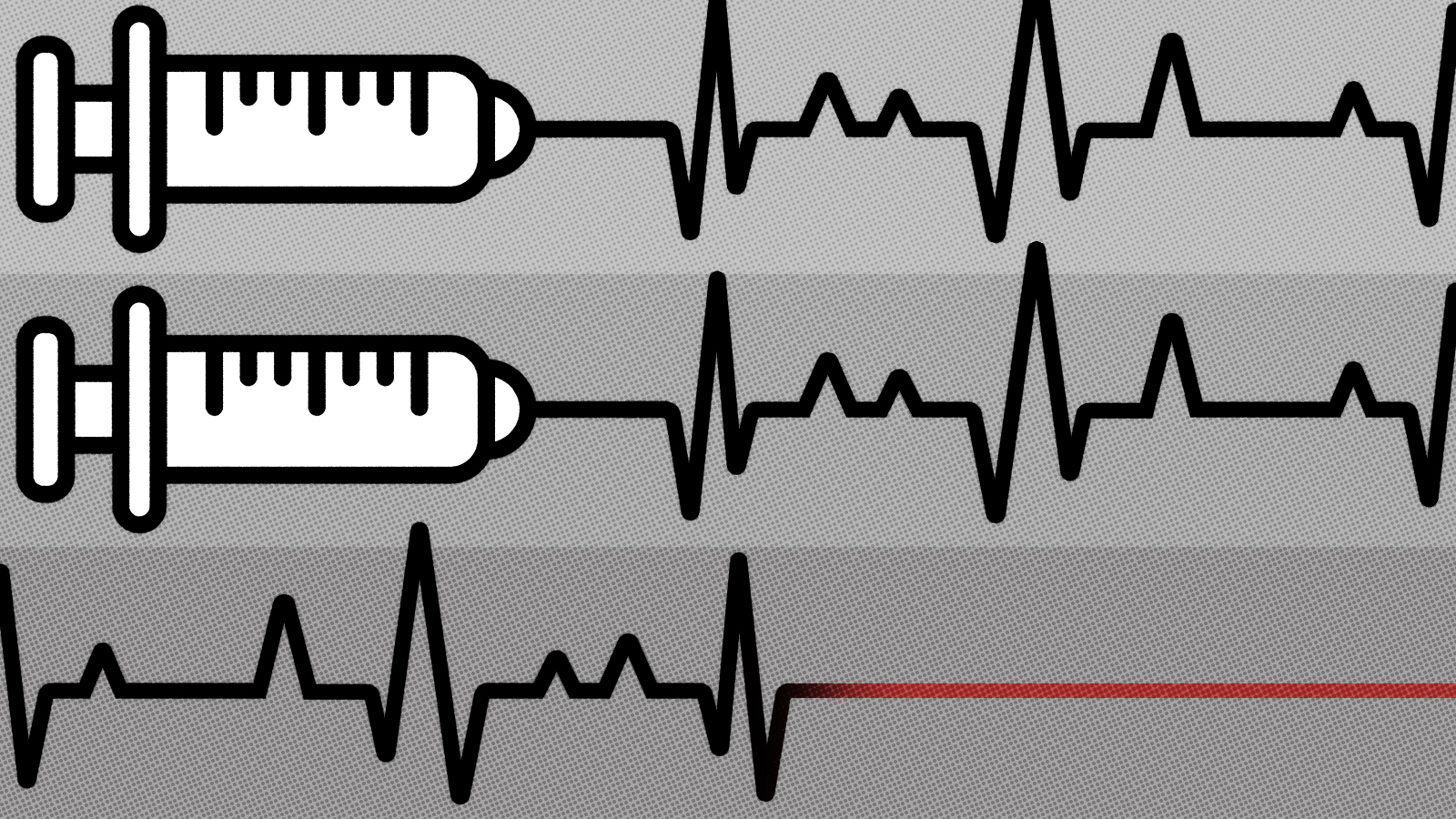 Do unvaccinated COVID patients deserve scarce care? A doctor weighs in.
Do unvaccinated COVID patients deserve scarce care? A doctor weighs in.The Explainer Justice, judgment, and the last ICU bed
-
 How to vaccinate the anti-vaxxers
How to vaccinate the anti-vaxxersThe Explainer Instead of blaming people for not doing the right thing, let's focus on eliminating the obstacles to vaccination that still remain
-
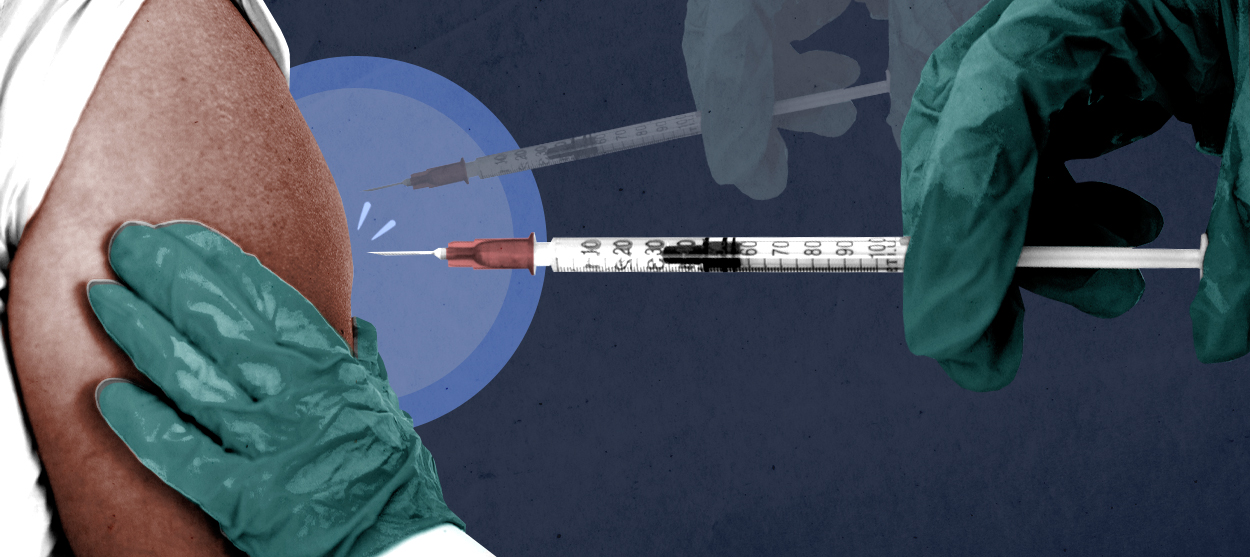 The U.S. could double its COVID-19 vaccine availability overnight. What's the holdup?
The U.S. could double its COVID-19 vaccine availability overnight. What's the holdup?The Explainer How the FDA could approve a more efficient vaccine rollout
-
 The October Surprise nobody wanted
The October Surprise nobody wantedThe Explainer Trump has COVID-19. Really, 2020?
-
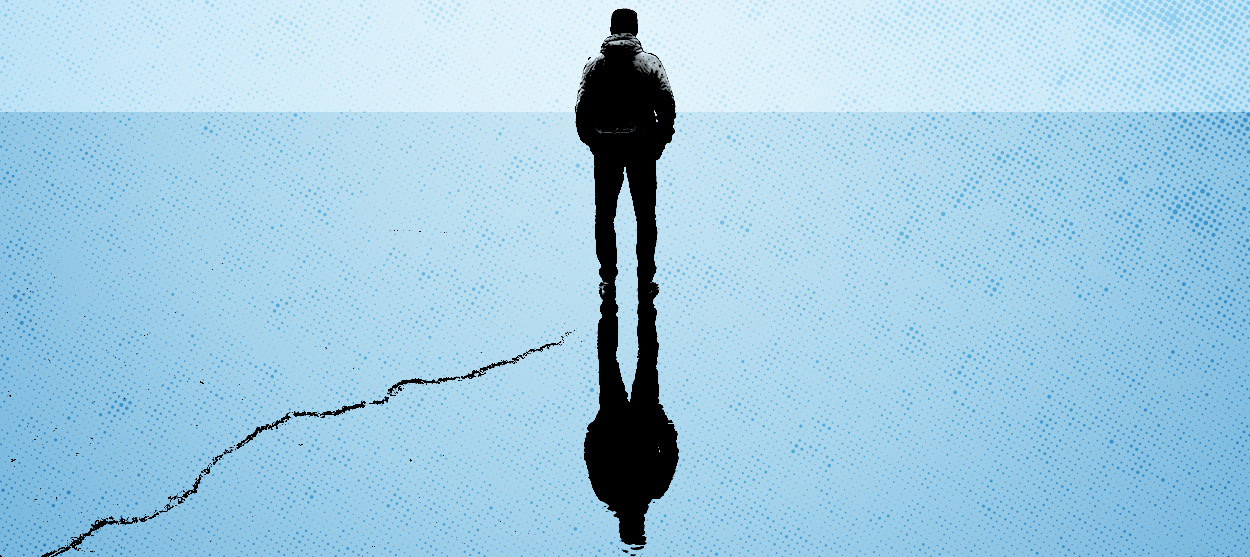 Life is worth living
Life is worth livingThe Explainer What's driving America's rising suicide rate?
-
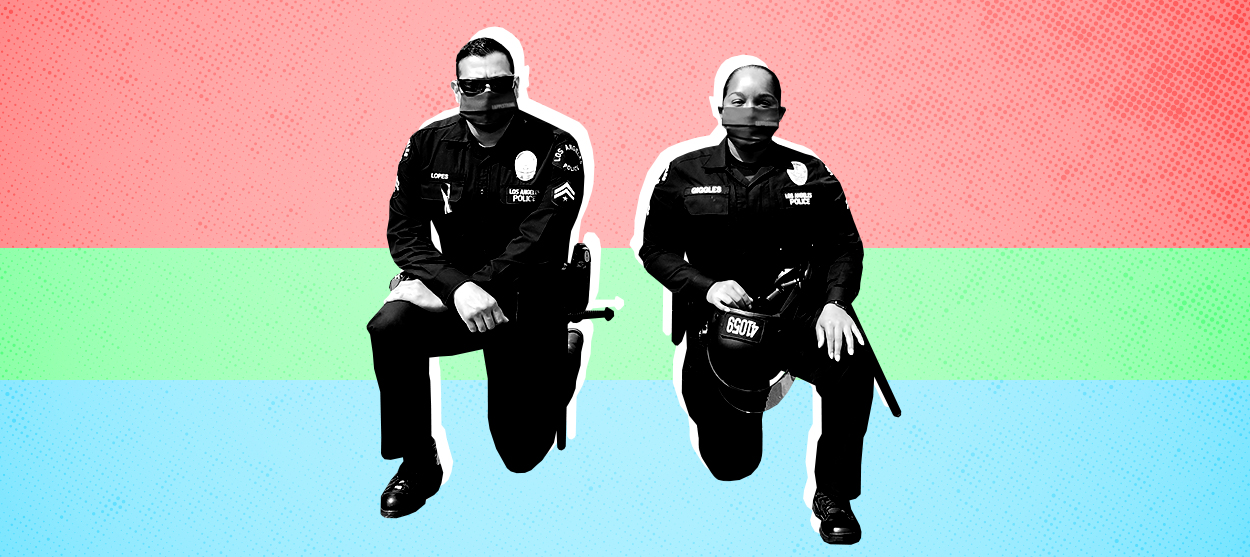 Social workers are masters at de-escalation. Here's what the police can learn from them.
Social workers are masters at de-escalation. Here's what the police can learn from them.The Explainer Knowing how to peacefully resolve conflict, rather than exacerbate it, can save lives
-
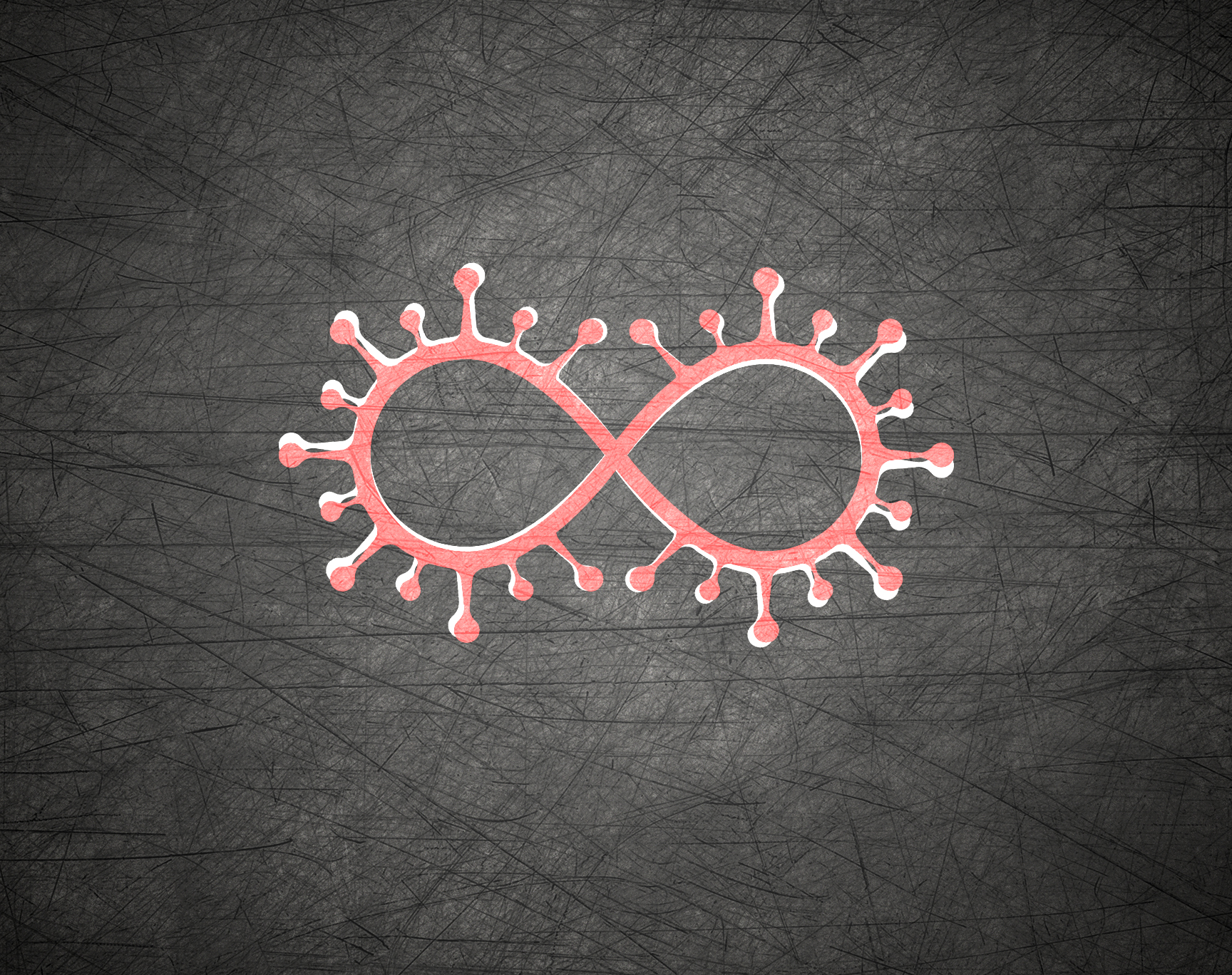 Settling in for the long pandemic
Settling in for the long pandemicThe Explainer Life won't be back to "normal" anytime soon
-
 Sports reveal how much America is trailing the rest of the world
Sports reveal how much America is trailing the rest of the worldThe Explainer MLS and other American leagues are stumbling through their pandemic restart plans
